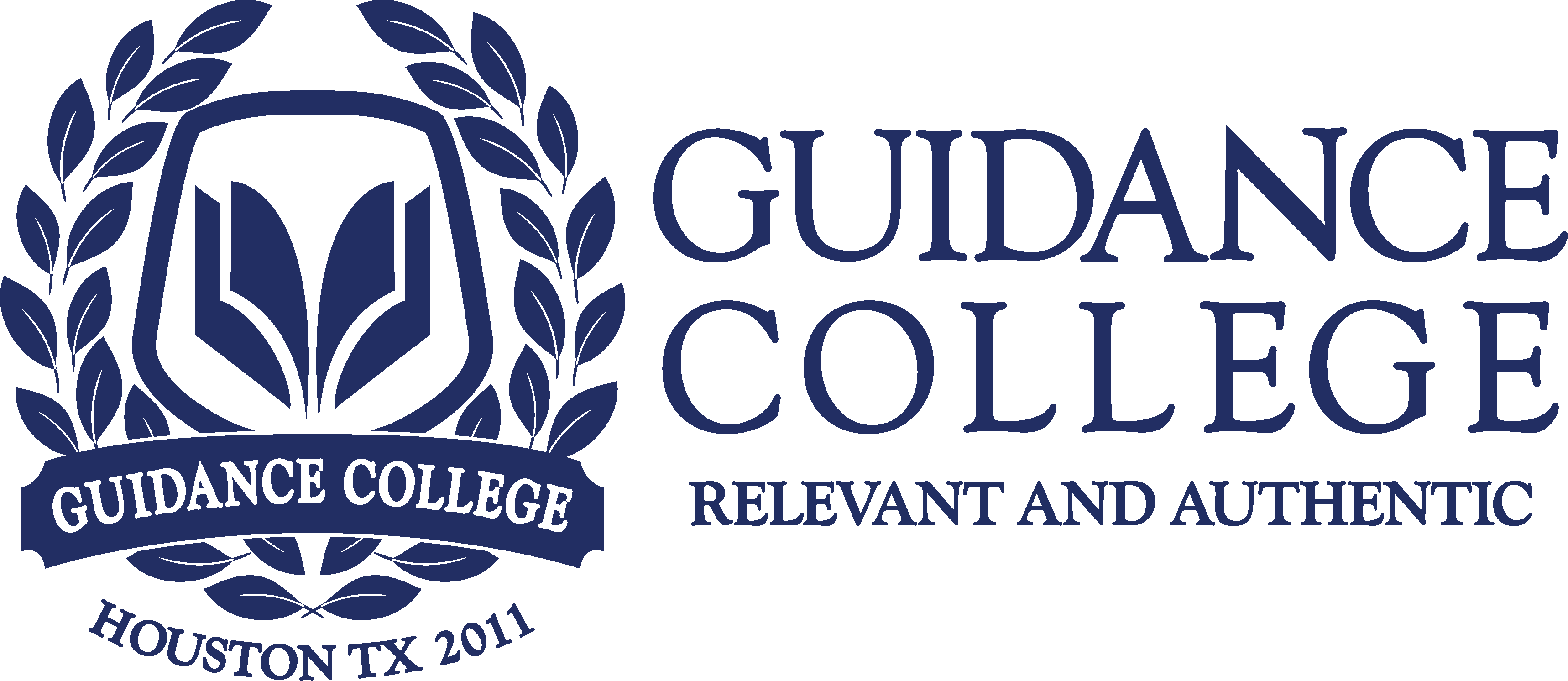FIQ452 PRINCIPLES OF FIQH II (USUL AL-FIQH)
Course Description:
A continuity of exposition of the methods by which the rules of Fiqh are deduced, covering the Analogical Deduction, Legislation of previous nations, Fatwa of the companions, Choosing among different Qiyas, Status of public Interest, General Custom, Presumption of Continuity, Blocking the Means, and Personal Reasoning.
Course Code: FIQ452
Credit hours: 3
Pre-Requisites: FIQ451
Learning Objectives:
- Outline the appropriate means by which scholars we derive rulings from the Qur’an and Sunnah using Qiyas (Analogical Deduction)
- State the definition and rulings of the following in short essays: Revealed laws preceding the Sharia of Islam, the Fatwa of a companion, Istihsan (Equity in Islamic Law), Maslahah Mursalah (Considerations of Public Interest), ‘Urf (Custom), Istishab (Presumption of Continuity), Sadd al-Dhara’i (Blocking the Means), Hukm Shar’i (Law or Value of Sharia), Conflict of Evidences, and Ijtihad, or Personal Reasoning.
- Write down the rules and criteria that qualify a person to be a Mujtahid (independent researcher)
- Outline the rules and criteria governing what constitutes a source of Shariah, why it is considered a proof, how to benefit from those proofs and how to reconcile with proofs when they are unclear in meaning and or when they appear to contradict each other.
- Deliver a presentation on the research framework and methodology needed for understanding the language of the Qur’an and Sunnah and how to use the various types of evidences serve as a guide to our Islamic practices and belief.
Course Outline:
- Chapter Nine: Qiyas (Analogical Deduction).
- Chapter Ten: Revealed Laws Preceding the Sharia of Islam.
- Chapter Eleven: The Fatwa of a Companion.
- Chapter Twelve: Istihsan, or Equity in Islamic Law.
- Chapter Thirteen: Maslahah Mursalah (Considerations of Public Interest).
- Chapter Fourteen: ‘Urf (Custom).
- Chapter Fifteen: Istishab (Presumption of Continuity).
- Chapter Sixteen: Sadd al-Dhara’i (Blocking the Means).
- Chapter Seventeen: Hukm Shar’i (Law or Value of Sharia).
- Chapter Eighteen: Conflict of Evidences.
- Chapter Nineteen: Ijtihad, or Personal Reasoning.

